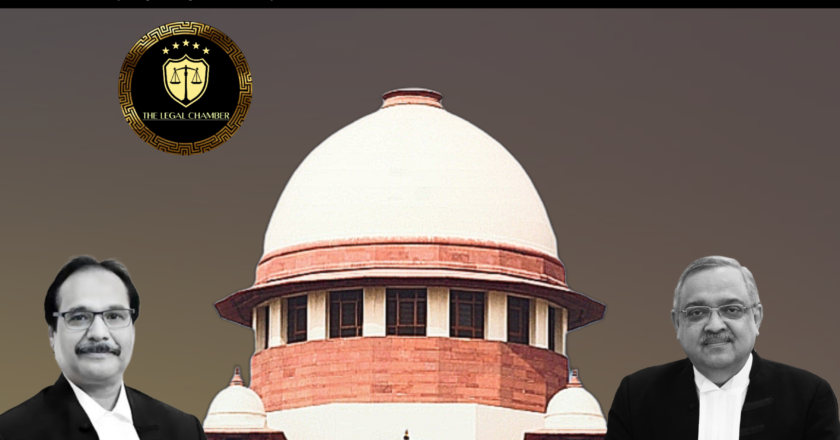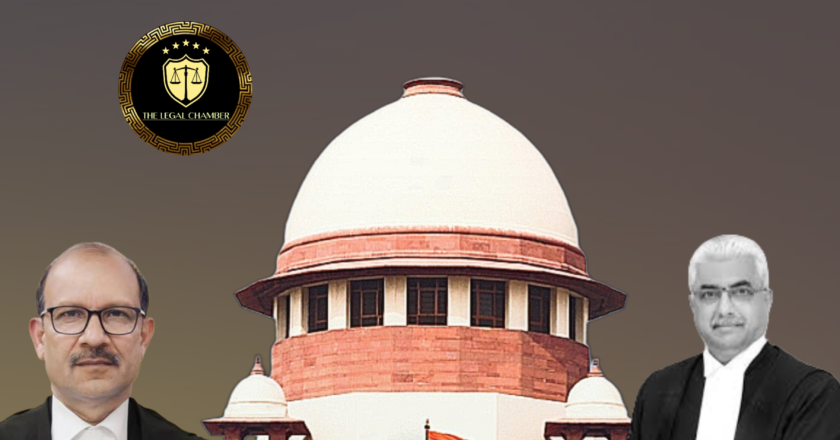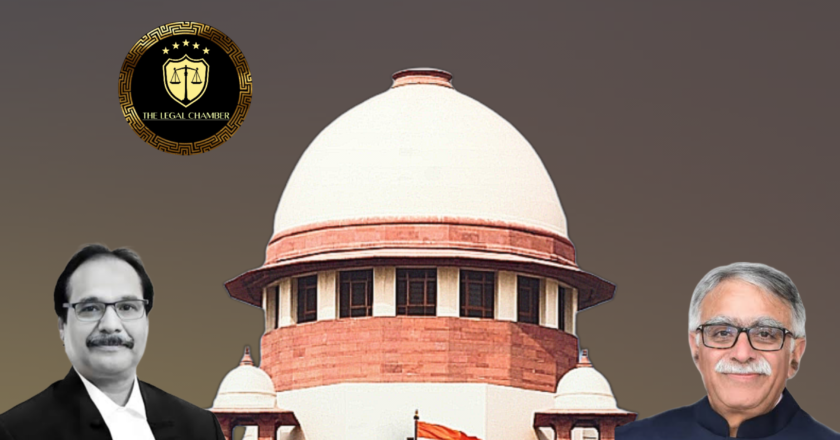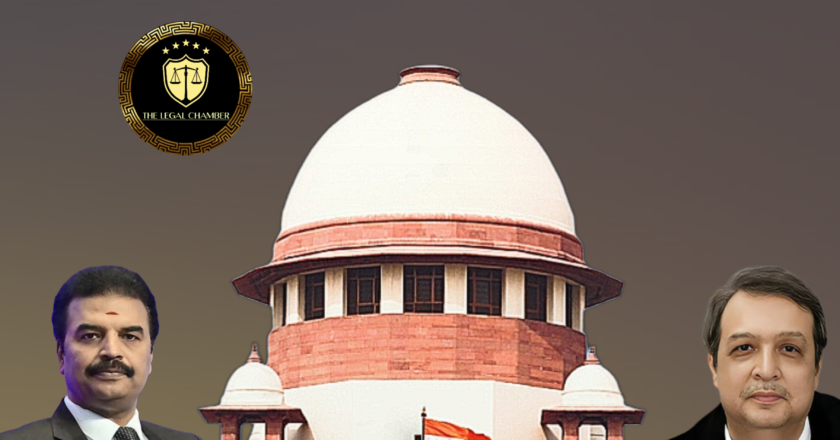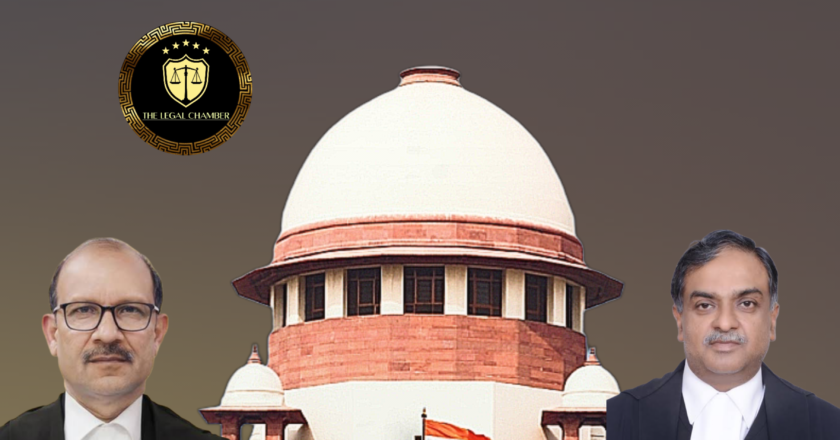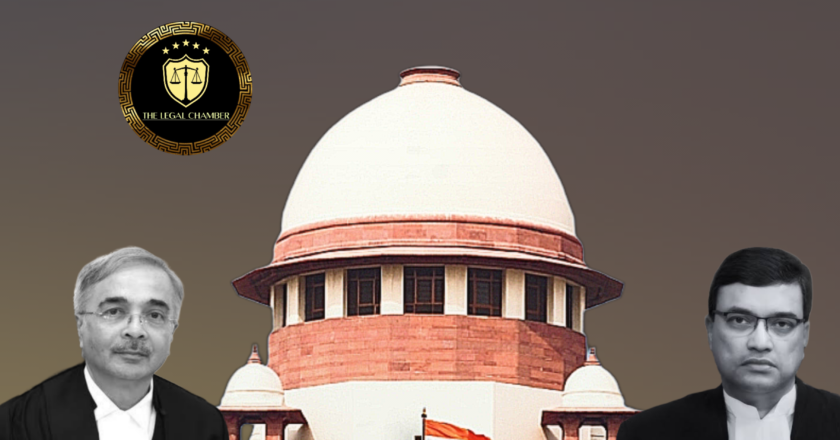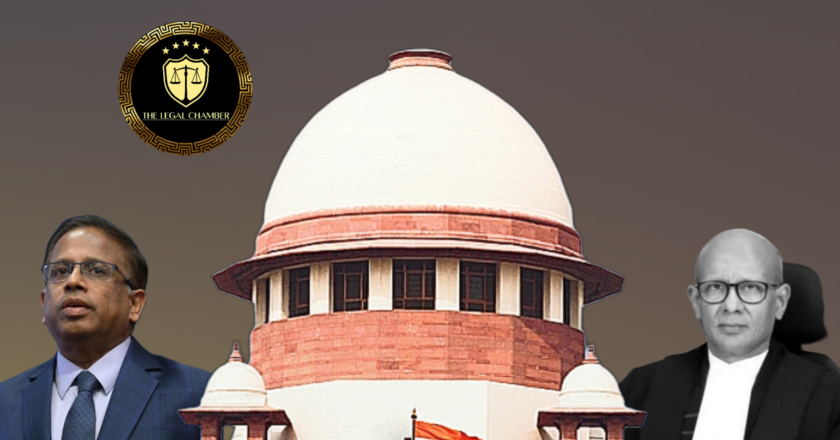Landmark Property Judgement: Supreme Court Clarifies Evidence Needed for Possession & Declaration Suits
The Supreme Court upheld the High Court's reversal of concurrent findings, ruling that a title deed is primary evidence of ownership. Mere presence of waste or manure on a property does not establish possession for the defendant. A declaratory suit under Section 34 of the Specific Relief Act, 1963, is maintainable when the defendant fails to prove their own possession.
Facts Of The Case:
The plaintiff, Suresh Tukaram Nerkar, filed a suit for declaration of his ownership and possession, and for a consequential permanent injunction against the defendants. His claim was based on a sale deed (Ext. 81) purportedly covering 150 square metres of land, which included a residential building on one portion ('ABCD') and an adjacent open plot ('PCDF'). The suit was triggered by the defendants, parti...
